By Tim Kilham, Head of Franchising, McLean Delmo Hall Chadwick
How long is a piece of string! The prices that are paid for franchise businesses vary considerably. Set out below are some of the issues to take into account when looking to buy a franchise.
In broad terms, a rule of thumb is to pay a price for a business which gives you an EBIT (Earnings Before Interest and Tax) return of 25%. This return is after providing a fair salary for you (assuming you are working in the business). By way of example, if the earnings before interest and tax of the business are going to be $100,000 before paying you a salary, and a fair salary for a manager of that business would be $40,000, then you have an EBIT (after a salary) of $60,000. If your desired return is 25%, then a fair price for the business is $240,000 (because on a $240,000 purchase a return of $60,000 is a return of 25%).
We stress that this is only a very broad rule of thumb – we see businesses being sold and purchased with an EBIT of less than 15% (particularly for lower cost businesses) and sold with an EBIT as high as 35%. Factors that will affect the return and the price you will pay will include:
- How established the franchise is
- Whether you are buying an existing franchise or opening a new franchise
- The risk associated with the industry in which the franchise operates
- The total price being paid for the franchise business, etc, etc
p>Most importantly, your calculation of the EBIT of the business – and therefore whether you should buy it and how much you should pay – should be based on profit and loss projections prepared by you. If you are buying an existing business, you may be given financial statements, budgets and other figures prepared by the existing owner. If you are buying a new franchise, you may be given some projections by the franchisor. In either case, whatever figures you are provided with should be taken as a guide only. It is critical that you prepare your own detailed projections (month by month for at least twelve months) to work out what profit and EBIT you will be making. The figures you are provided with may not include items such as interest, depreciation, owner’s wage and tax. They may contain distortions. They will usually be historical and do not tell how the business will be performing in the future. The only basis on which to make a decision to buy a business, and how much to pay, is on the basis of your own projections.
Legislative Requirements
If you are thinking of buying a franchise, you will have familiarised yourself with the legislative requirements surrounding franchising. One of these requirements is that a franchisor must give an intending franchisee a disclosure document at least 14 days before the intending franchisee enters into the franchise agreement. The contents of the disclosure document are set out in the legislation. Insofar as finance and other costs are concerned, the disclosure document will cover at least the following areas:
- Provide an estimate of the total costs involved in establishing a franchise (at section 13 of the disclosure document)
- Provide details of ongoing payments to the franchisor (at section 13)
- Provide some financial information about financial performance (at section 19). Franchisors can, however, choose not to disclose any information
- Provide a summary of the most recent financial statements of the franchisor (at section 20)
Alternatively, the franchisor can provide a statement verified by a registered company auditor that the franchisor is able to meet its debts as and when they fall due.
There are many aspects to be considered when buying a franchise. Hopefully, this article provides some clarity to you on some of the financial aspects.

